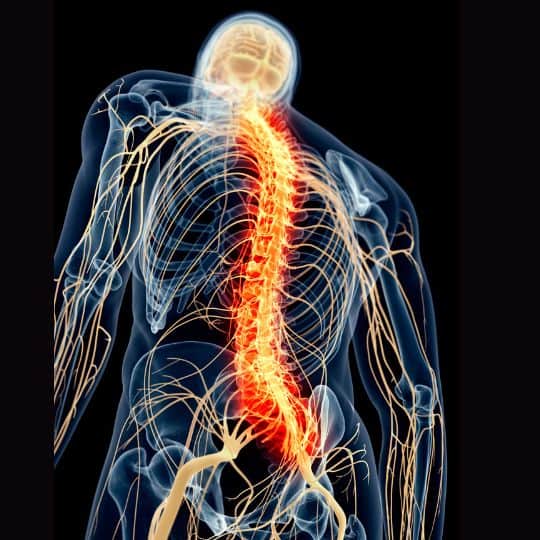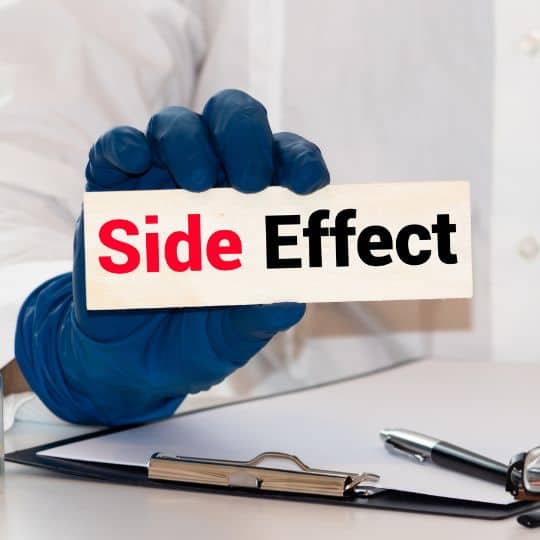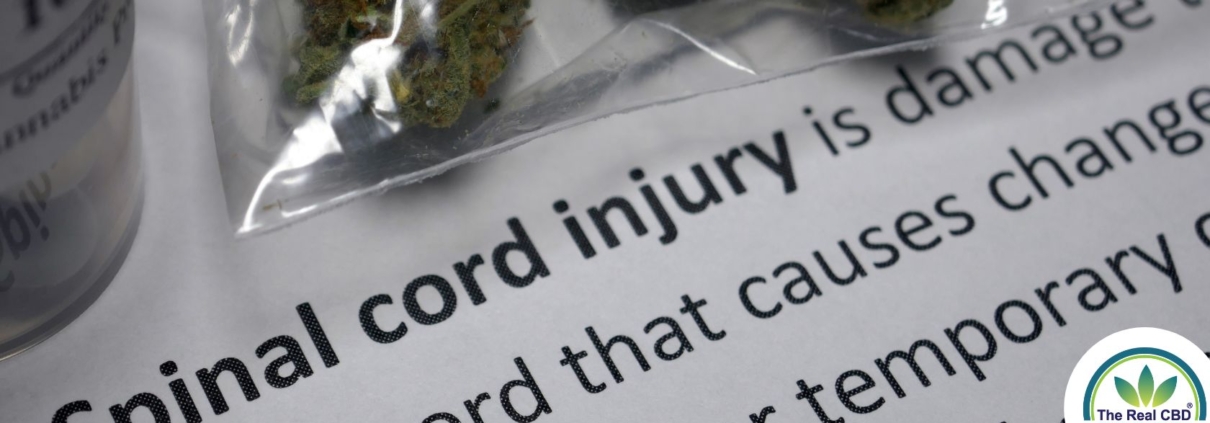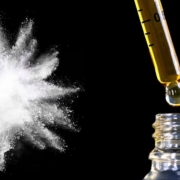CBD for Spinal Cord Spasticity – How can it help?
Estimated reading time: 7 minutes
- Introduction – A New Hope in CBD for Spinal cord spasticity
- CBD: The Basics
- Forms of CBD for Spinal Cord Spasticity
- How Does CBD Interact with Spinal Cord Spasticity?
- CBD and the Ability to Move
- Consultation and Dosage – CBD for Spinal Cord Spasticity
- Legal Status of CBD for Spinal Cord Spasticity
- Concluding Thoughts: The Way Forward
- The Real CBD for Spinal Cord Spasticity
Introduction – A New Hope in CBD for Spinal cord spasticity
Spinal cord spasticity can be a crippling condition, affecting quality of life. In the search for a solution, CBD emerges as a promising avenue. So, what exactly can CBD offer?
People who live with Spinal Cord Injury (SCI) have said for years that CBD can help in many important ways. The studies back this up. Some people may not feel any difference, but many people with SCI do. Giving up drugs like opioids can also help in many important ways. Find out below what the most important ways are that cannabis can help people who are paralysed.
CBD: The Basics

CBD, short for cannabidiol, is a compound found in the cannabis plant. Unlike its more famous cousin THC, CBD does not get you high. However, it does have a range of health benefits.
How Does CBD Work?
CBD engages with receptors in the ECS to mitigate nerve-related issues, thereby potentially alleviating symptoms of spasticity. Since CBD is non-psychoactive, it offers a safer avenue for those who are apprehensive about cannabis-based treatments.
Forms of CBD for Spinal Cord Spasticity
Depending on your comfort and requirement, CBD can be taken in various forms, including:
- CBD Oil and Tinctures: Highly concentrated, easy to dose, and fast-acting.
- CBD Capsules and Edibles: Convenient but takes longer to show effects.
- CBD Topicals: Creams and balms for direct application on the affected areas.
How Does CBD Interact with Spinal Cord Spasticity?

Simply put, CBD works by interacting with the body's endocannabinoid system. This system helps regulate various bodily functions, including pain and muscle spasms. Therefore, it can potentially ease symptoms associated with spinal cord spasticity.
Spasms in muscles
People who live with SCI often have problems with spasticity. As long as there is damage to the spinal cord, muscles can twitch anywhere there is paralysis. Cannabis has been studied more than any other SCI side effect to see how well it helps spasms.
This study from the University of Manitoba used a synthetic cannabis drug called “Nabilone” on people who had muscle cramps as well as people with SCI. In this study, 90% of the people who took the drug saw a change in their spasms. In another study done at the University of Arizona, 70% of the people who took part said that CBD and THC helped them.
Long-Term Pain
Many people who have SCI say they are in constant pain. People have been known to feel pain in parts of their bodies they cannot touch. Cannabinoids can trigger receptors in the central nervous system. This can change how the brain understands pain.
Another study found that people who vaporised cannabis with a low amount of THC (2.9% of the plant) felt less pain. In 2016, this study came out in the Journal of Pain. People who have constant pain may have problems with their musculoskeletal system or their nerves. Also, in 2006, a study found that combining cannabis with massage can help people with severe pain from spinal cord injuries a lot.
Lastly, one important benefit of weed for pain relief is that it makes people less likely to use opioids, which are known for their bad effects like constipation, addiction, drowsiness, breathing problems, and the risk of overdose if too many are taken.

Boosts the neuroprotective response
Cannabis has more than just THC that can help people with SCI. CBD is another substance that has many health benefits. A study of the endocannabinoid system found that it helps keep the body's different processes in balance.
Scientists have found that cannabis can help the brain protect itself after a spinal cord injury by activating two important areas called CB1 and CB2. This causes the body to heal itself naturally. A study done in Spain in 2012 found these results.
Very Active Bladder
When someone has a spinal cord injury, their bladder may work too much because it is not getting any signals from the brain. In 2001, researchers at the Switzerland Centre for Spinal Cord Injury found that putting weed in a person's rectum could have a big effect on their daily muscle spasticity. People in this group who took the medicine by mouth did not have the same effect. This SCI side effect has not been studied any further, which is a shame.
No sleep
A new study from Canada and Europe found that many people with SCI have trouble sleeping. It can be hard for people with SCI to fall asleep because they have trouble getting comfortable or positioning themselves and keeping their body temperature in check. People who have had damage to their cervical spinal cord often also have sleep apnoea, which cannabis can help ease. Studies have also shown that the best sleep is achieved by mixing THC and CBD.
CBD and the Ability to Move

At the University of São Paul in Brazil, researchers looked into how CBD affects motor performance after a SCI. They found that CBD can help make muscles work better. They used rats in the study, and they were injected with both a fake drug and CBD. These shots were given three hours after surgery and every day for six days after that. Researchers say that you should take the CBD within a few days of getting hurt.
CBD has many helpful side effects as well, like easing muscle cramps and helping people who cannot sleep. Before taking anything that has CBD in it, you should talk to your doctor.
Consultation and Dosage – CBD for Spinal Cord Spasticity
It is pivotal to consult healthcare providers to determine the right dosage. We also offer free consultations with our CBD experts, who can guide you through the process and help, tailor a treatment plan suitable for your condition.
Are There Any Side Effects?
The side effects of CBD are generally mild, including dry mouth and low blood pressure. However, interactions with other medications could occur, so consult your healthcare provider.
Related Contents:
Legal Status of CBD for Spinal Cord Spasticity

The legal status of CBD varies from country to country. Always ensure you comply with your country's laws before starting any CBD regimen.
Testimonials and Case Studies
Several of our clients have witnessed remarkable improvements in their symptoms. These testimonials further validate the effectiveness of CBD as an alternative treatment for spinal cord spasticity.
Concluding Thoughts: The Way Forward
There is no denying the pressing need for effective treatments for spinal cord spasticity. With emerging scientific evidence, CBD is steadily carving a niche for itself as a credible option.
Take the first step towards improving your quality of life by exploring the world of CBD. Your well-being is our priority, and we are here to guide you every step of the way.
The Real CBD for Spinal Cord Spasticity
-
 40% Pain Relief oil€179.00
40% Pain Relief oil€179.00 -
Product on sale
 HHC VapeOriginal price was: €55.00.€35.00Current price is: €35.00.
HHC VapeOriginal price was: €55.00.€35.00Current price is: €35.00. -
Product on sale
 CBD Vape – Broad Spectrum€30.00 – €45.00
CBD Vape – Broad Spectrum€30.00 – €45.00 -
 20% CBD oil – Distillate€92.00
20% CBD oil – Distillate€92.00 -
 CBD Capsules for Athletes€59.00
CBD Capsules for Athletes€59.00 -
 CBD Pain Patch 20mg€55.00
CBD Pain Patch 20mg€55.00 -
 CBD Rub€17.50
CBD Rub€17.50 -
 CBD Massage pack€120.00
CBD Massage pack€120.00 -
 CBD Severe Pain Pack€183.00
CBD Severe Pain Pack€183.00 -
 CBD Strong Pain Pack€195.00
CBD Strong Pain Pack€195.00 -
 CBD Athletes Pack€158.00
CBD Athletes Pack€158.00 -
 CBD Medium Pain Pack€139.00
CBD Medium Pain Pack€139.00

I am a certified expert in Medicinal Cannabis. We are all about giving correct and trustworthy information. We know how important it is to learn about CBD and cannabis, which is why we want to be your go-to source for trustworthy information. We help you improve your health by using our knowledge and experience as a starting point.














Leave a Reply
Want to join the discussion?Feel free to contribute!